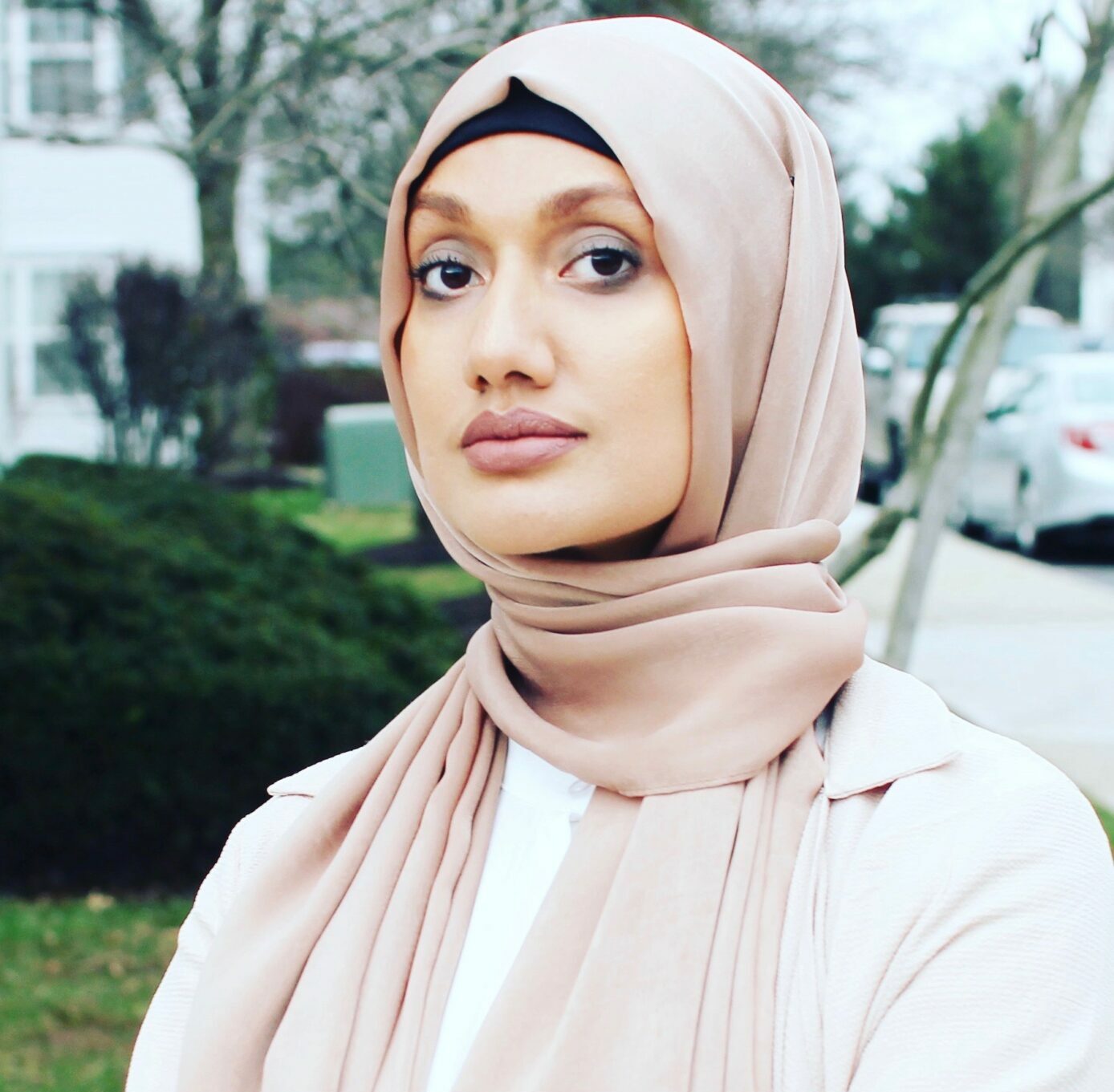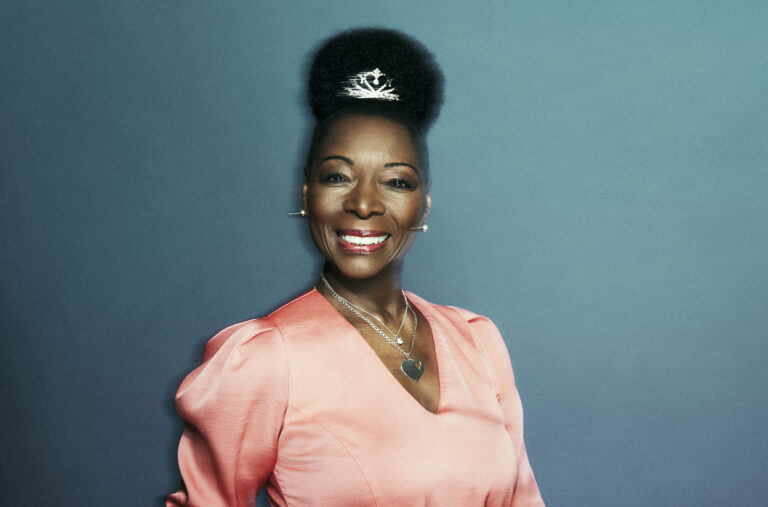
Do you mark Ramadan in your organisation?
Ramadan is a holy month during which Muslims will fast (not eating or drinking) from sunrise to sunset.
It's a time for reflection and spiritual enlightenment, and is celebrated with Eid-al-Fitr, a day of rejoicing and prayers, a festive meal and visiting friends, neighbours and those who are elderly or ill.
Muslims practice their faith in different ways but here is a guide to how colleagues might observe Ramadan during work hours:
- Muslims generally pray twice for about five minutes twice a day at approximately 1pm and 4pm (as well as at other times including just before sunrise and two hours before sunset).
- Before prayers, individuals will cleanse their face, hands and feet with clean water. They may leave a small container of water in the bathroom to wash with.
- Worship can be carried out in any quiet, dry, clean place and is performed on a prayer mat.
- Friday is when Muslims worship together (Juma) at the mosque at lunchtime for about 45 minutes to an hour.
- Throughout the year, not just at Ramadan, Islamic faith requires modest dressing for both men and women – some men choose to wear a beard, some women wear a head-covering (called a hijab).
Nazma Khan, the founder of World Hijab Day and Muslim History Month, shares her suggestions for supporting Muslim colleagues in the workplace during Ramadan:
Q: What advice would you share for employers whose Muslim colleagues may be observing Ramadan?
A: “Reasonable accommodations for Muslim colleagues during Ramadan may include flexible work hours to accommodate fasting schedules, providing a quiet and designated space for prayer, allowing for shorter or adjusted workdays, avoiding scheduling important meetings or deadlines during peak fasting times, and offering options for iftar meals for those who choose to break their fast at the workplace.
“Additionally, showing understanding and support for the physical and spiritual challenges of fasting can contribute to a more inclusive and supportive work environment where colleagues feel comfortable discussing their religious practices and any accommodations they may need during this time.”
Q: What would you say to people who believe it is unfair that they have to do more work to support their Muslim colleagues?
A: “I would emphasise the importance of empathy and understanding in the workplace. It’s crucial to recognise that accommodating religious practices, such as fasting during Ramadan, is about creating an inclusive environment where everyone feels respected and valued.
“Just as colleagues may require support for various reasons throughout the year, showing respect and understanding during Ramadan fosters a culture of teamwork and mutual respect. Additionally, promoting a sense of unity and shared responsibility can lead to stronger relationships and a more harmonious work environment overall.”
Q: To sum up, why is it important for employers to recognise a person’s religious faith?
A: “It is essential for employers to foster an inclusive and respectful workplace culture. By acknowledging and accommodating religious beliefs, employers demonstrate their commitment to diversity, equity, and inclusion. This recognition helps to create a supportive environment where employees feel valued, respected, and able to bring their whole selves to work. Moreover, accommodating religious practices can enhance employee morale, satisfaction, and productivity, ultimately contributing to a more harmonious and successful workplace.”
Nazma Khan is a TEDx speaker and global changemaker who is committed to reshaping the global perception of the 1.2 billion Muslims around the world.
She has been recognised as one of the top 50 Influential Muslims in the Americas, is the founder of Founder of World Hijab Day and also International Muslim History Month, which, each May, celebrates Muslim accomplishments and contributions.





